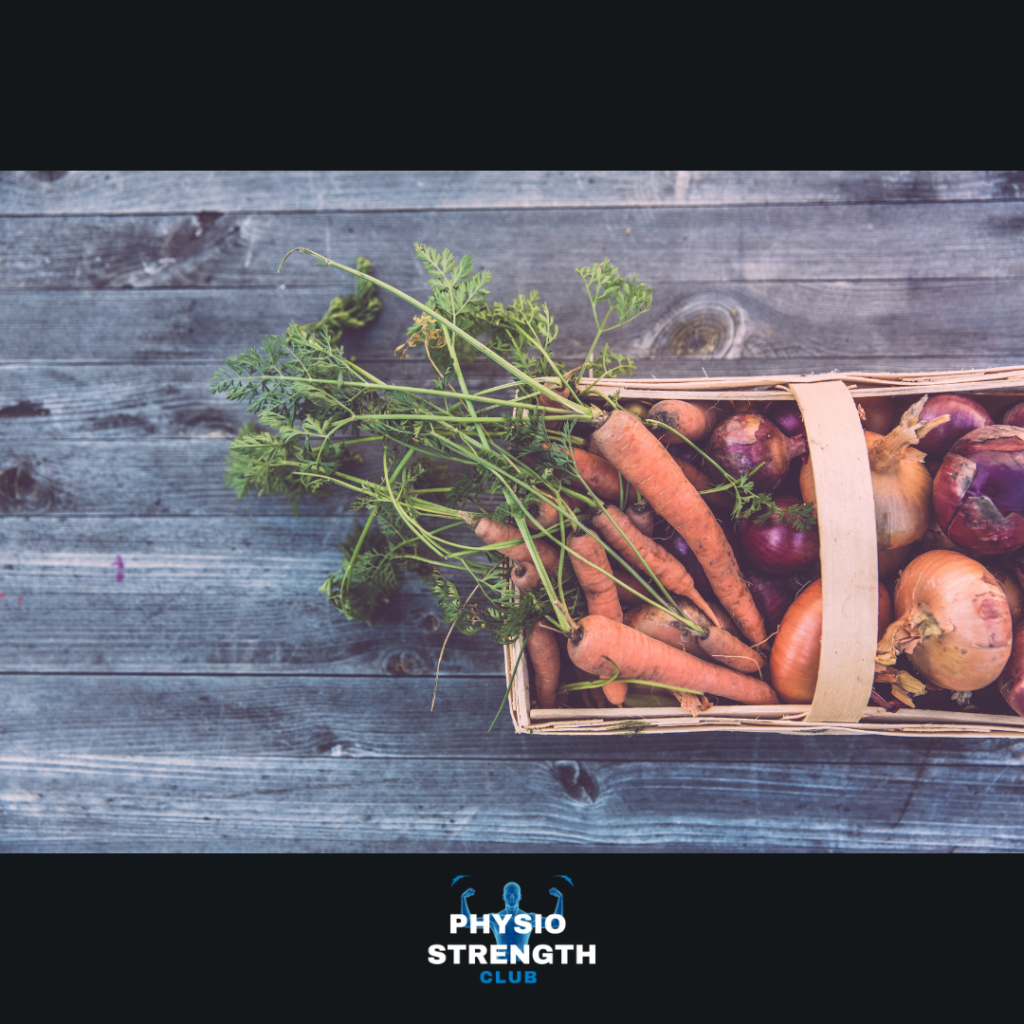You understand the importance of optimising your health, performance, and overall well-being. However, with so much conflicting information out there, it can be challenging to discern what to believe when it comes to nutrition. One topic that often generates confusion is organic food. Is it truly better for you? Is it worth the additional cost?
In this article, we will explore the truth about organic food and provide you with the information you need to make informed decisions about your diet.
Firstly, let us define what we mean by “organic food.” Organic foods are produced through farming practices that only employ natural substances. This entails avoiding all artificial chemicals, hormones, antibiotics, and GMOs. Organic foods must adhere to strict USDA standards and labelling rules. Thus, when you encounter a food labelled as “organic,” you can have confidence that it was produced using methods that prioritise environmental sustainability and animal welfare.
But is organic food genuinely better for you? The answer is nuanced. Some studies have indicated that organic foods may contain more nutrients than their non-organic counterparts. However, other studies have found no significant difference in nutrient content between organic and non-organic foods. The bottom line is that the nutritional value of a food depends on numerous factors, including how it was grown, harvested, and stored. Consequently, while organic foods may offer some nutritional benefits, it is essential to remember that a healthy diet is about more than just selecting organic options.
One area where organic foods do appear to have an advantage is taste. Many people report that organic fruits and vegetables have a more distinct, characteristic taste than their non-organic counterparts. This might be attributed to the higher nutrient and antioxidant levels found in organic produce. Therefore, if taste is a significant consideration for you, choosing organic options may be worth the additional cost.
Of course, cost is a primary consideration when deciding on organic foods. Organic foods are generally more expensive than non-organic foods due to the higher production costs. Nevertheless, it is crucial to recognise that the actual cost of food encompasses more than just the price tag. Opting for organic foods means supporting farming practices that prioritise environmental sustainability and animal welfare. Consequently, while organic foods may entail a higher initial investment, they may yield long-term benefits for both your health and the planet.
In conclusion, the truth about organic food is multifaceted. While there are potential benefits to choosing organic options, it is important to bear in mind that a healthy diet is about more than solely opting for organic foods. As a high-achieving executive, you have the power to make informed decisions about your diet based on your individual needs and values. By incorporating insights from the latest research on nutrition and influence, you can optimise your health, performance, and overall well-being.

